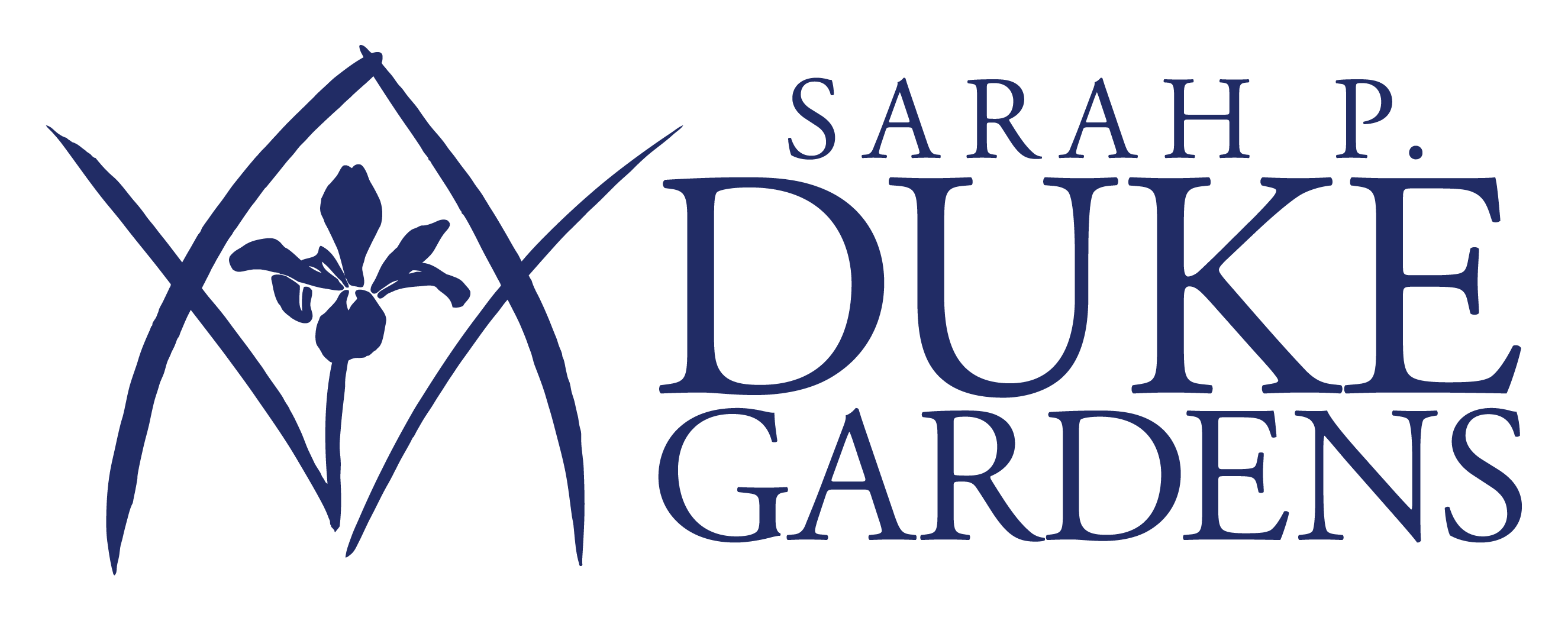COFFEE
Coffea arabica
Legend tells that an Ethiopian herder named Kaldi discovered coffee in the 1600s when his goats became energized after eating the wild fruit. Sufri monks in Yemen were the first to cultivate and brew coffee, which then spread through the Ottoman Empire.
Kiva Han in Constantinople (present-day Turkey) is considered the first coffee shop. It served coffee and fostered socializing and knowledge exchange. In the 1700s Pope Clement VIII popularized coffee in Europe. By the 1800s, London’s coffee houses, or “Penny Universities,” encouraged intellectual debate.
Today, coffee is the world’s second most traded commodity, after oil.
Did you know that an estimated 2.25 billion cups of coffee are consumed each day?
 Created by Kaila Balch through Duke Gardens’ Equity Through Stories Program. Kaila is a 2023 graduate with a master of science in global health from Duke University’s Graduate School and Global Health Institute.
Created by Kaila Balch through Duke Gardens’ Equity Through Stories Program. Kaila is a 2023 graduate with a master of science in global health from Duke University’s Graduate School and Global Health Institute.
CAFÉ
Coffea arabica
Cuenta la leyenda que un pastor etíope llamado Kaldi descubrió el café en el siglo XVII cuando sus cabras sintieron energía después de comer la fruta silvestre. Los monjes sufríes de Yemen fueron los primeros en cultivar y preparar café, que luego se extendió por todo el Imperio Otomano.
Kiva Han, en Constantinopla (actual Turquía), se considera la primera cafetería. Sirvió café y fomentó la socialización y el intercambio de conocimientos. En el 1700, el Papa Clemente VIII popularizó el café en Europa. Hacia el siglo XIX, los cafés de Londres, o “Penny Universities”, fomentaban el debate intelectual.
Hoy en día, el café es el segundo producto básico más comercializado del mundo, después del petróleo.
¿Sabía que se estima que cada día se consumen 2.25 mil millones de tazas de café?
 Creado por Kaila Balch mediante el Programa de Equidad a través de Historias de Duke Gardens. Kaila se graduó en 2023 con una maestría en ciencias en salud global de la Graduate School y el Global Health Institute de Duke University.
Creado por Kaila Balch mediante el Programa de Equidad a través de Historias de Duke Gardens. Kaila se graduó en 2023 con una maestría en ciencias en salud global de la Graduate School y el Global Health Institute de Duke University.
